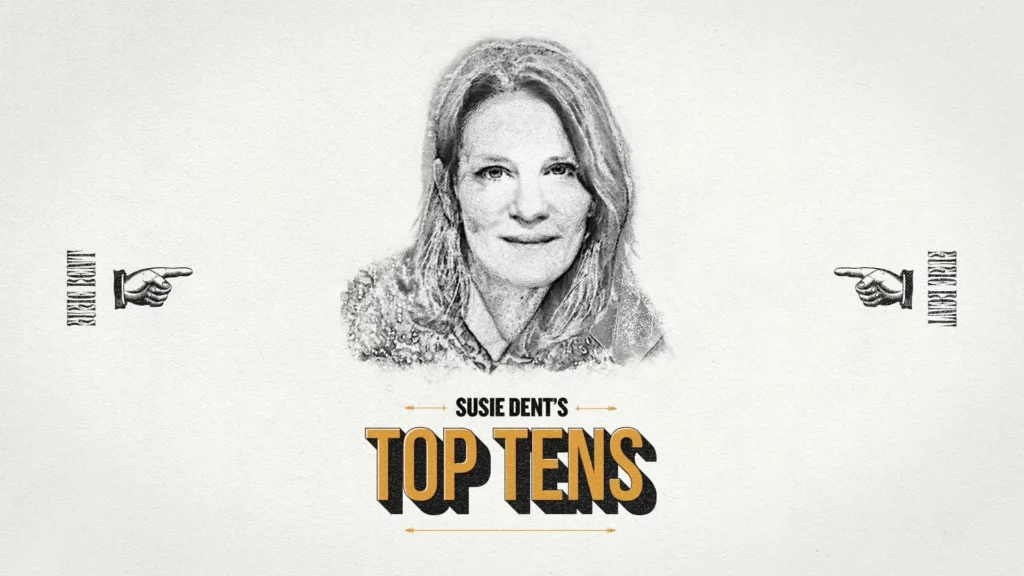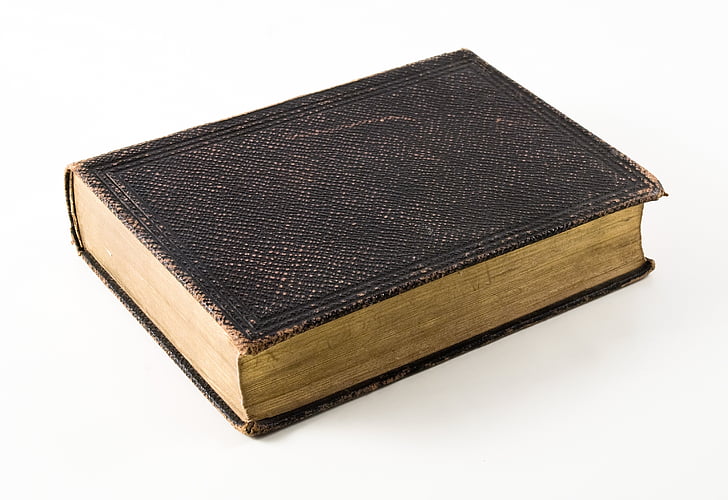Ugsome: it’s a word from the past I like to resurrect when I encounter something that is really, truly revolting. The ‘ug’ part is a borrowing from the Vikings, for whom it was a verb meaning to feel a deep sense of dread mixed in with horror and disgust. It survives, in a diluted sense, in the word ‘ugly’. Together with ‘gruesome’ (to ‘grue’ was once to shudder with fear), ‘ugsome’ can neatly be used for both loathsome individuals and events.
But what of those words that seem innocent on the surface, but whose story involves a fair dose of both ugging and grueing themselves? There are quite a few of them hiding in plain sight, and their stories may, if not quite disgust, at least surprise you.

- Thrill
Let’s kick off with a word that has lost little of its power. We long to be moved by a thrill of emotion, but it wasn’t always that way. To ‘thrill’ someone, in the Middle Ages, was to pierce them with a sharp weapon – to literally penetrate their body with a sword. It took some three hundred years before ‘thrilled’ had evolved to mean ‘pierced by excitement’ – clearly a far better option.
2. Sarcasm
Sarcasm is a grisly word, although thankfully its uses have never been directly physical. At its heart is a Greek word sarkazein, meaning ‘to tear flesh’. The idea here is that a sarcastic remark can be so caustic that it eats the flesh of the recipient.

3. Sardonic
The Greek epic poet Homer used the word sardanios to describe bitter, scornful laughter. Later Greeks and Romans decided it must be sardonios, ‘Sardinian’, and that it referred to a ‘Sardinian plant’ that, if eaten, produced facial convulsions resembling hideous laughter, usually followed by death. English adopted ‘sardonic’ in the mid-17th century to refer to laughter or smiles that were grimly mocking.
4. Black books
No one wants to be in someone’s black books by incurring their wrath or displeasure. But was there ever a real black book? History holds several of them. The Black Book of the Exchequer from 1175, for example, recorded royal revenues, while the Black Book of the Admiralty contained a code of rules for the navy. The most notorious of all of them, however, was kept for Henry VIII, and recorded monastic abuses that were to become the evidence for his dissolution of the monasteries.

5. Parting shot
Most of us long to deliver a sparkling retort as we exit a situation, possibly accompanied by a toss of the hair and a flounce. The original parting shot, however, was less dead witty and more lethal in a very real sense, for it began as a ‘Parthian shot’. The ancient kingdom of Parthia lay southeast of the Caspian Sea in modern-day Iran. Parthian horsemen were renowned for a particularly effective strategy in battle, in which they would ride away from the enemy to give the impression of fleeing, before turning on their saddles and discharging their missiles backwards. The skilled manoeuvre was highly effective in taking the opposition by surprise. By the 19th century, as the Parthians’ history faded, ‘parting shot’ had become the logical successor to the original.
6. Kick the bucket
We may use this 18th-century phrase today as a light-hearted euphemism for dying, but most of us are entirely (and thankfully) unaware of its dark beginnings. The likelihood is it involves an old use of ‘bucket’ to mean a beam from which something would be hung – in this case specifically a beam from which a pig about to be slaughtered was suspended by its heels.
Read More: Susie Dent’s Top Tens: 10 ‘Americanisms’ that aren’t actually American
7. Derrick
A modern derrick is a crane with a pivoted arm for moving heavy weights, especially on a ship. It takes its name from a 17th-century hangman who plied his trade at the notorious Tyburn Gallows in London, situated where Marble Arch now stands. In the course of his grisly career, Derrick executed over 3000 prisoners, whilst also devising a new form of gallows consisting of a beam with lift pulleys to replace the older style of a rope over a beam.
8. Short shrift
Staying with gallows non-humour, to give someone ‘short shrift’ involves treating them in a curt and dismissive manner, but the stakes were once a lot higher than popularity. The phrase originally referred to the brief amount of time that a condemned criminal was given to make their confession to a priest, in the moments before their execution. ‘Shrift’ here comes from the old verb ‘shrive’, meaning to absolve someone of sin. It survives in the past tense in ‘Shrove Tuesday’, the day before the beginning of Lent when Christians go to confession.

9. Bless
We might not say ‘aw bless’ quite so much if we knew the first meaning of ‘bless’, which was to ‘mark with blood’, referring to the ritualistic sprinkling of blood on pagan altars. Today’s meaning came about because the word was used to translate Latin benedīcere, meaning to ‘praise’ or ‘worship’.
10. Chivvy
Chivvying a child on in the morning to get them ready for school may sound like a gentle(ish) exercise, but at least one of the two influences behind it involves something far more murderous. ‘Chivvy’ began as a riff on ‘Chevy’, meaning ‘to chase’. This probably emerged from the ‘Ballad of Chevy Chase’, a popular song from medieval times which described a hunting party on the Scottish Borders that turned into a fierce battle between the English and the Scots. But the story doesn’t quite end there, for ‘chivvy’ may also have been influenced by a Romani word ‘shiv’, meaning ‘knife’.





